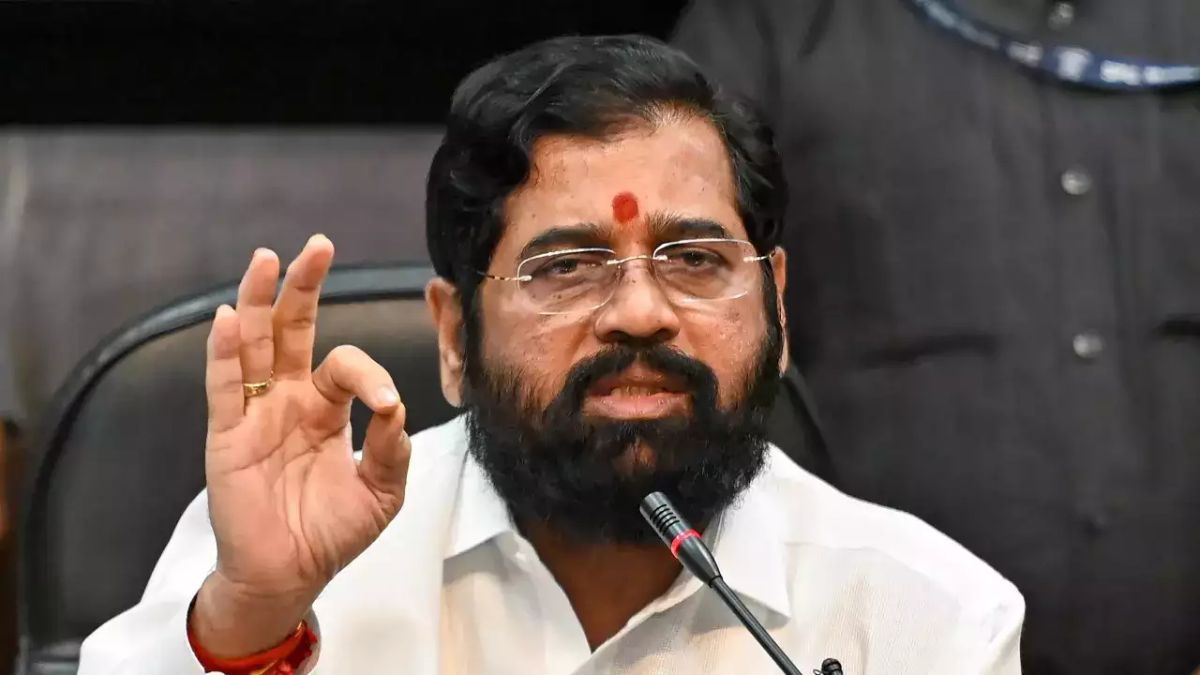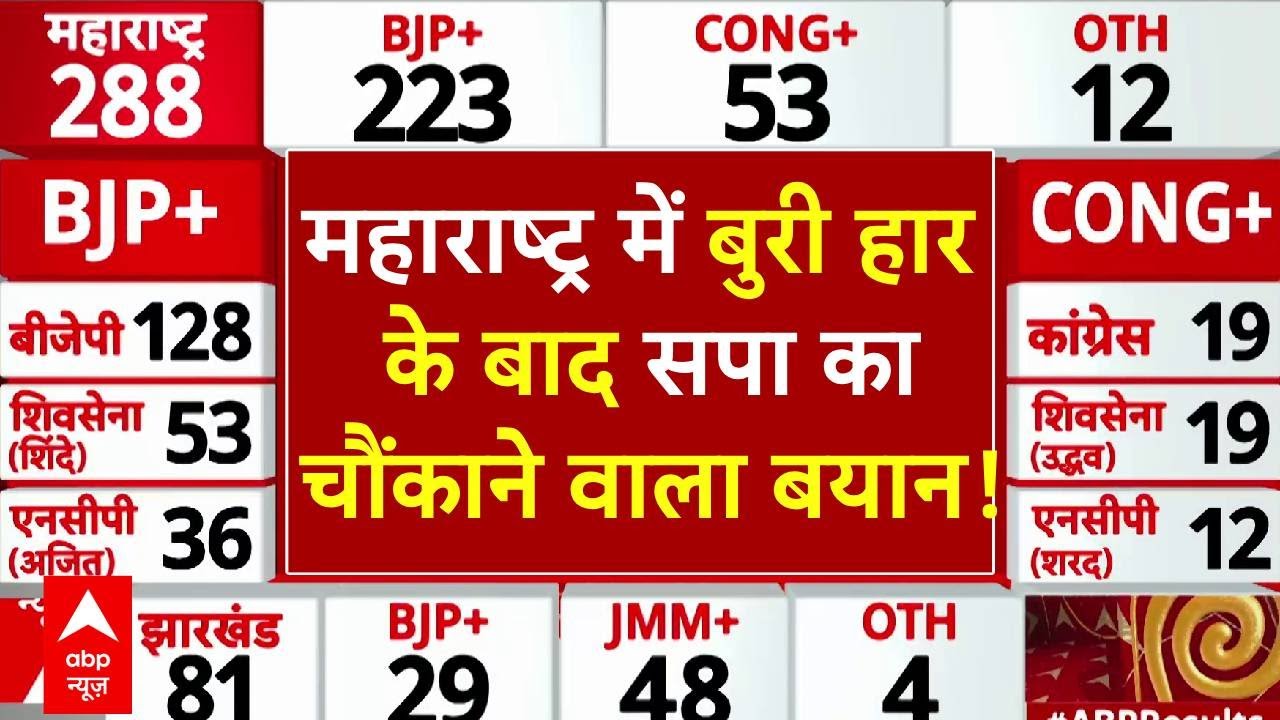
“How popular is Donald Trump?” has been the question on everyone’s minds since he descended from his golden escalator to declare his presidential candidacy nearly 10 years ago. President-elect Donald Trump has now overperformed pollster predictions in three presidential elections, stumping highly reputable political experts, from Allan Lichtman to Ann Selzer . Many explanations have been put forward as both parties try to decode what, specifically, Trump’s victory says about the views of the average American.
The most interesting explanation, in my opinion, is Trump’s own. Trump and many in the Republican Party seem to believe we are in the midst of a major shift toward the right in American politics. During his 2024 campaign, Trump went as far as to claim , “If we had an honest vote counter, I would win California.
” Trump believes he lives in a nation of people who overwhelmingly support him. His behavior suggests he believes that they support him not despite but because of his attacks on the institutions and norms of neoliberal democracy. This conviction in his own popularity and defiance of political norms certainly played a part in his reelection, but I believe his commitment to a narrative not backed by concrete facts will be a fatal mistake.
Trump’s cabinet picks and other notable political allies provide the perfect example of the behavior I am talking about. From Matt Gaetz for attorney general to Robert F. Kennedy Jr.
for secretary of health and human services to Pete Hegseth for secretary of defense, Trump flouts the precedent of failing to nominate professionals with years of experience in favor of nominating those whom he knows will faithfully carry out his agenda of revenge against liberals and their institutions. Trump and the majority of voters in 2024 found a common cause in grievances with the Biden administration. However, Trump’s focus on addressing his personal grievances, rather than the broad political ones uniting his coalition, may not help the American people and very well might end up hurting them.
While grievance united Trump’s political coalition, most voters don’t share the same grievances as him. 81% of American voters said the economy was their top issue in this election. Comparatively, only three in 10 Americans believe the 2020 election was stolen , a conspiracy theory Trump has continually repeated.
If Trump’s agenda of revenge starts to hurt the American people more than it helps them, it will be unsurprising to see resounding Republican defeats in future elections. The ways this could happen are numerous. Trump’s inexperienced choices for secretaries of defense or state could bungle international relations worse than President Joe Biden did, leading to higher frequency, longer-lasting conflicts.
If he follows through, Trump’s proposed 20% blanket tariff and 60% tariff on Chinese imports, will lead to significant price increases across the board and may ignite another trade war with China. RFK’s questionable beliefs about public health could lead to avoidable outbreaks of diseases such as E. Coli, measles and COVID-19.
Trump may have “concepts of a plan,” but none of those concepts clearly address what Americans have expressed are their most pressing concerns. Leading up to Trump’s victory in the 2024 election, some of his supporters, when asked about Trump’s promises of retribution against political enemies, said they didn’t believe he would follow through, and it was instead a campaign tactic, as were his promises to lock up Hillary Clinton in 2016. Trump’s cabinet picks make it clear that, this time, he intends to fulfill his promises to the best of his ability.
Illegality hasn’t been an issue for him before, so it will unlikely be one this time. It is my opinion that American voters decisively shifted right in this election because they trust Trump more than Democrats to address their concerns about the economy and immigration. At the same time, I believe the American people disagree with the more extreme, disruptive and anti-democratic plans of Trump and those within his orbit, such as Project 2025.
Trump may be upset to find that the American people do not share all of his grievances, especially those not grounded in facts. Stuart Cremer, FCRH ’26, is an environmental studies and English major from Mountain View, Calif..













